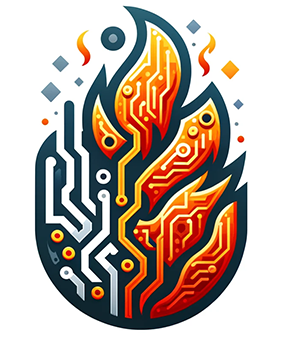Introduction to Object-Oriented Programming
In today’s digital world, programming has become an essential skill for anyone looking to enter the field of technology. And when it comes to choosing a programming paradigm, object-oriented programming (OOP) has emerged as one of the most widely used and versatile approaches. In this article, we’ll provide a comprehensive introduction to object-oriented programming and explore its key concepts and benefits.
What is Object-Oriented Programming?
Object-oriented programming is a programming paradigm based on the concept of objects, which can contain data (attributes) and code (methods). These objects are organized into classes, which serve as blueprints or templates for creating individual instances of objects. OOP allows developers to model real-world entities and their relationships in a structured and modular way.
Key Concepts of Object-Oriented Programming
There are four fundamental concepts in object-oriented programming:
- Encapsulation: Encapsulation refers to the bundling of data and methods within a class. It allows for data hiding and ensures that the internal implementation of an object is hidden from external access. Only the necessary methods are exposed, providing better security and maintainability.
- Inheritance: Inheritance is the mechanism that allows one class to inherit properties and methods from another class. It enables the creation of a hierarchy of classes, where subclasses inherit the attributes and behaviors of their parent classes. This concept promotes code reuse, reduces redundancy, and facilitates hierarchical organization.
- Polymorphism: Polymorphism allows objects of different classes to be treated as instances of a common superclass. It enables the use of a single interface to represent multiple types of objects, providing flexibility and extensibility. Polymorphism can be achieved through method overloading and method overriding.
- Abstraction: Abstraction involves simplifying complex systems by breaking them down into smaller, more manageable components. In OOP, abstraction refers to the process of defining classes and objects at a higher level of abstraction, focusing on their essential characteristics and interactions rather than the specific implementation details.
Benefits of Object-Oriented Programming
Object-oriented programming offers several advantages over other programming paradigms:
- Modularity: OOP encourages modular design, allowing developers to divide complex problems into smaller, more manageable components. This promotes code reusability, maintainability, and readability.
- Code Organization: OOP provides a clear structure for organizing code, making it easier to understand and modify. The use of classes and objects allows for logical grouping of related data and behavior.
- Code Extensibility: OOP facilitates the addition of new features and functionality without modifying existing code. Inheritance and polymorphism allow for the creation of new classes that inherit and build upon the capabilities of existing classes.
- Collaborative Development: OOP promotes collaborative development by enabling multiple developers to work on different classes and objects simultaneously. This reduces conflicts and allows for concurrent development and integration.
Whether you’re a beginner or an experienced programmer, understanding the principles of object-oriented programming is essential for developing efficient and scalable software solutions. By leveraging encapsulation, inheritance, polymorphism, and abstraction, you can create modular, extensible, and maintainable code.
In conclusion, object-oriented programming is a powerful programming paradigm that provides a structured approach to software development. It offers numerous benefits, including modularity, code organization, code extensibility, and collaborative development. By mastering the key concepts of OOP, you can elevate your programming skills and build robust and scalable applications.
source: https://www.kodeco.com/ios/paths/object-oriented-programming/42881626-introduction-to-object-oriented-programming

